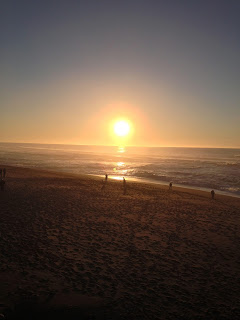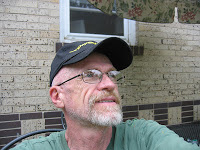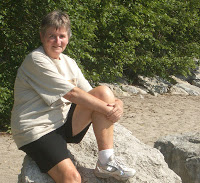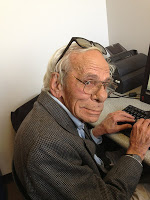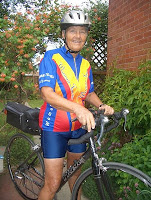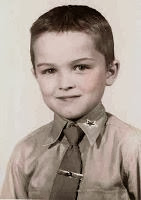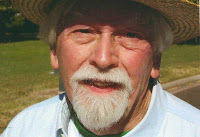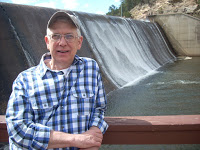The last sentence of this quote, from the controversial physicist and atheist Lawrence Krauss, I think could be viewed as a synonymous description of the actualized queer person. We have had to, through our multitude of unique coming out paths, provide our own meaning. Many of us have started on our path of self-actualization feeling very isolated and alone wondering what is wrong with me. Most of us though eventually realize how precious we really are. We are the golden threads in the tapestry of humanity.
As modern astronomy has proven beyond a doubt our solar system is phenomenally insignificant in our own very insignificant galaxy. Best estimates from data provided by the Hubble Deep Space Telescope is that there are between 100 and 200 billion galaxies in the ever-expanding Universe. Our own galaxy the Milky Way is estimated to contain between 100 billion and 400 billion stars.
If there is a God, or sole initiator of this whole phenomenon, that entity surely must have a bit more on their mind than whom we, inhabiting the third rock from the sun in this miniscule solar system, are fucking. I mean really get a grip and begin to try and comprehend the mindboggling immensity of the Universe. It really implies an extremely exaggerated sense of our own importance to think the initiator of the Big Bang leading to the creation of 200 billion galaxies is preoccupied with our drama. If there were a hell this over the top human hubris alone should get us sent to hades for eternity.
I will admit that perhaps I have a very immature and un-evolved sense of the spiritual. I will concede there may exist an omnipotent source of direction running through the evolution of the Universe from the Big Bang to date, call it God if you want. Sorry but the comprehension of such an entity at this point in my life is way above my pay grade. It would require an amount of faith-based belief I find really unthinkable and quite frankly a lazy copout. Maybe I could be further along in actualizing the possible reality of this wonder and not having to rely on faith alone, if I spent more cushion-time but I don’t think that is going to happen either.
I actually am quite content thinking we really are the result of a bunch of lucky evolutionary “accidents” that have occurred since living things first appeared on the planet 3.8 billion years ago. When you look at all the countless evolutionary steps and cross roads traversed and we still made the cut it is really something. It is quite precious really.
I was at a very wonderful event recently when two dear male friends decided after 27 years of living together they should get married. Though the words marriage and God were spoken several times during the event it was actually billed on the program as a “Celebration of Love”. I think the institution of marriage was cooked up to control property and women and then their reproductive capacity. I do believe we queers are really bringing our own meaning to it all, to this age old and until recently heterosexual institution.
I was asked to participate by doing a reading or two lasting no more that a couple minutes. It did cross my mind that if there is anything to this God business my stepping into one of his churches might unleash a meteor strike ending the human race right then and there. That did not happen. I was able to read a poem by Walt Whitman and another by Rumi with no detectable dire consequences resulting.
So even if God doesn’t exist and the Universe doesn’t care a twit about us and we are just a happy evolutionary accident in an isolated solar system on the edge of an in significant galaxy it sure is still amazing. As gay people we also get to provide our own sense of meaning and that creative self-realization adds immensely to the human dance on this third rock from the sun.
© October 2016
About the Author
I was born in La Porte, Indiana in 1949, raised on a farm and schooled by Holy Cross nuns. The bulk of my adult life, some 40 plus years, was spent in Denver, Colorado as a nurse, gardener and gay/AIDS activist. I have currently returned to Denver after an extended sabbatical in San Francisco, California.
